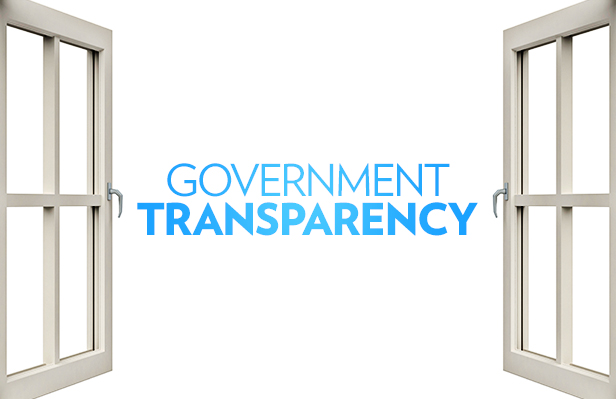Media

The Price of Secret Negotiations
The cost of compensating the state's workforce is nearly $93,000 per public employee. This illustrates why Pennsylvania’s collective bargaining process, which permits the politically powerful to operate in secret, must be reformed to shine a light on unsustainable spending.
As it stands now, the process involves two parties—officials from the governor's office and government union leaders. In many cases, union leaders are negotiating the terms of these contracts with the very public officials they helped elect to office.
Case in point: Gov. Wolf is in negotiations with some of the unions who bankrolled his 2014 gubernatorial campaign. It’s no secret that the governor is a friend of labor. Indeed, unions have steered the most campaign cash to Tom Wolf and Mike Stack over the last 15 years, according to a PennLive analysis.
This close financial relationship between organized labor and Gov. Wolf is alarming especially in the context of secretive collective bargaining negotiations.
Essentially, political powerbrokers are free to negotiate over taxpayer dollars without any public debate. Moreover, if taxpayers don’t like the final product of the negotiations, they’re powerless to stop the agreement because the contact’s terms are not released until after ratification. Is it any surprise this system produces unaffordable compensation packages for public employees?
Deals worth billions of dollars should not be protected from public scrutiny. Pennsylvanians deserve a robust debate about the costs of union contracts. SB 644 and SB 645, sponsored by Senators Mike Folmer and Pat Stefano respectively, would launch this much needed debate.